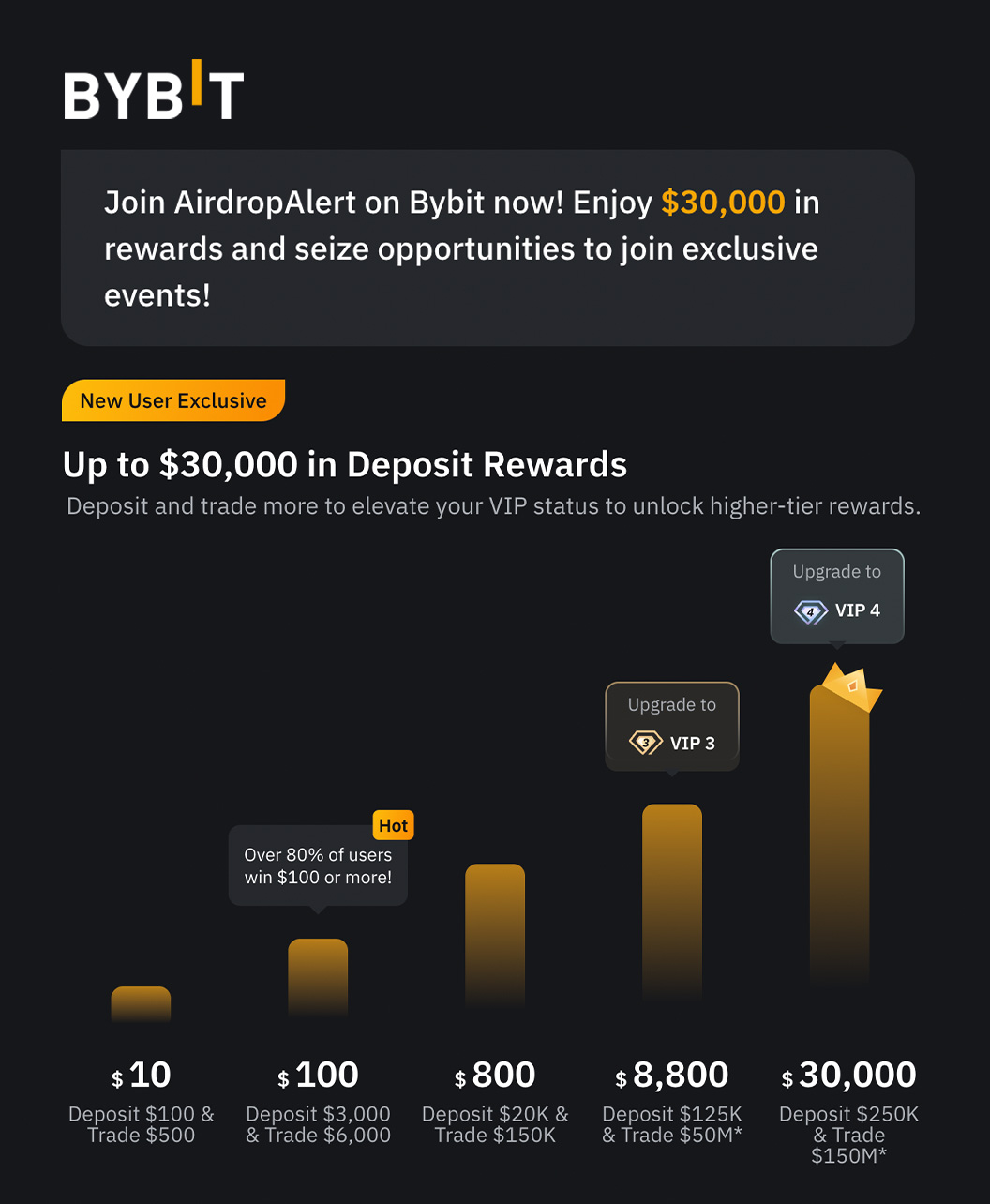Max Keiser called it ”the currency of resistance”. Roger Ver called it ”the most important invention in the history of the world since the Internet.”You’ve guessed it: it’s bitcoin – the first cryptocurrency and the king of digital coins.
Something that started out as a possible solution to the double-spending problem turned into a concept that turned the financial world upside down. Bitcoin is what you can call Money 2.0.
Today, bitcoin is accepted by many companies and places. This includes billion-dollar businesses such as PayPal, Microsoft, and Dell, as well as betting spots like Sportsbet, or coffee shops like Undead Coffee.
It became more than an idea. It brought us a financial revolution.
And in this guide, we’ll show you the ins and outs of bitcoin. Everything you need to know.
But, before diving into bitcoin, let’s start from the beginning. From blockchain.
What is blockchain?
Blockchain sometimes looks like a super complex beast, but believe us, it’s not that hard. We’ll try to explain as simply as possible.
So, every time you do a money transaction, that transaction is recorded on ledgers. These ledgers are controlled by third parties and middlemen such as banks, governments, and financial institutions.
Simply put: the banks can keep track on your money and how you’re spending it.
With blockchain, however, things are different. Transactions on blockchain are also recorded, but a single group or entity doesn’t control them. These transactions are distributed, secure, uncorrupted, and irreversible.
Blockhchain is the underlying technology of bitcoin, and it’s responsible for its features. Speaking of bitcoin, let’s take a look back and see how it all started.
A little bit of history (but not the boring one)
Bitcoin’s white paper showed up in 2008. That’s the year when Occupy Wall Street accused banks and corporations of misusing money, charging overly high fees, and working for the system instead of for people.
So it’s no wonder that the same year a white paper called Bitcoin: A Peer-to-Peer Electronic Cash System appeared. The white paper described current problems with financial system such as the double-spending problem, and it offered a better solution.
Satoshi Nakamoto, the elusive writer of the white paper, remains unknown. We also don’t know whether it’s one man or a group of people. During the years, various people were suspected to be the bitcoin creator, but it all remains speculation.
Then, in January 2009, Nakamoto generated the first block of transactions, and soon, the first transaction took place in block 170, between Nakamoto and programmer Hal Finney.
A year after, Laszlo Hanyecz paid 10,000 bitcoins for two delivered Papa John’s pizzas, worth $41. Only nine months later, bitcoin’s price increased, and the two pizzas were worth $10,000.
It was the first reported exchange of bitcoin for a consumer product. In honor of that event, the 22nd of May is marked as Bitcoin Pizza Day.
And we finally come to the main question:
What exactly is bitcoin?
Bitcoin is a decentralized digital currency that can be sent from user to user on the peer-to-peer network.
The transactions are recorded in a public distributed ledger, aka blockchain, and verified by network nodes. The digital currency is a solution for what is known as the double-spending problem.
It’s a flaw within the traditional financial system meaning that the same token can be spent more than once, which leads to inflation.
But that’s not the only characteristic of bitcoin’s transactions. Here are some of the others:
- Irreversible. As the name says, the transaction can’t be reversed, but only refunded from the person that received funds.
- Pseudonymous. When using this digital currency, your personal information isn’t revealed.
- Global. You can send bitcoins internationally without exchange rates or extra charges.
- Secure. Thanks to blockchain technology, bitcoin is highly secure. However, only if it’s used correctly.
- Permissionless. This means all transactions are transparent and that and anyone can join the network. Pure democracy.
Despite advantages over traditional, fiat currencies, bitcoin is by no means perfect. Here are some reasons for that:
- Hacking attacks are the norm. And they happen at least once a week. For example, Tokyo-based exchange Mt. Gox, got hacked and around 850,000 bitcoins worth more than $450 million at the time, were stolen from the hot wallet.
- Scams are everywhere. It can be anything from wallet scams and Ponzi schemes to exchange and mining scams.
- Its price is highly volatile, which makes investing and trading risky.
- Transactions are slow. The average block creation time is 10 minutes, and it can be even longer. Users easily get impatient and they look for ways to speed up transactions. And that’s exactly what happened in 2017.
Bitcoin Cash
Bitcoin Cash is a hard fork of bitcoin. It was created to help increase the block size and speed up transactions. Currently, it’s the fourth-largest cryptocurrency by market capitalization.
In 2018, Bitcoin Cash split into two rival factions called Bitcoin Cash and Bitcoin SV. The split came after what was called a ”civil war” between two Bitcoin Cash camps.
Now, let’s find out how this digital currency actually works.
How does bitcoin work?
The great news is that anyone can start with bitcoin, even without technical knowledge.
As we already said, transactions are included and verified on blockchain.
To send or receive bitcoin, you need to use a compatible wallet. Each wallet contains a secret piece of information called a private key, which protects your funds, and you should never share it with others.
The other key you’ll have is called a public key. Every public key is 256 bits long, and makes it possible for you to receive funds.
All transactions are recorded on the network and confirmed within 10-20 minutes through mining. Bitcoin mining is the process of making mathematical calculations for the bitcoin network to confirm transactions.
A total of 21 million bitcoins are in existence. Out of that, there is around 16 million in the circulating supply. This means that more than 4 million are still waiting for miners to mine blocks.
How to earn bitcoin?
There are many ways you can earn bitcoin, and here are some of the popular ones:
- Completing micro-jobs. This is a simple but time-consuming way to earn bitcoin. Basically, you do small tasks such as pay to click or completing surveys.
- Earn bitcoin while shopping. Using Lolli, which is a chrome extension, you can earn bitcoins while shopping.
- Trading. This is a popular but often risky way to earn bitcoin. To be successful, you need to have analytical skills, and a reliable crypto exchange.
- Airdrops and bounties. This means participating in token distribution from ICOs and crypto startups. Then, you can exchange their tokens for bitcoin.
- Become a miner. Today, bitcoin mining has become a profession. It requires expensive equipment, high electricity costs, and a space to store miners. However, bitcoin mining can be really profitable.
These are only some of the ways to earn bitcoin. However, keep in mind the Internet today is flooded with all kinds of crypto scams and Ponzi schemes that only want to take your funds.
Always do your research before getting involved, and never give away your private keys.
Wrap-up
In its beginnings, bitcoin was worth roughly six cents. Can you believe that?
Still, the way from six cents to $20,000 was hard and with many obstacles.
It’s a completely new kind of money that triggered a financial revolution. And that revolution is just the beginning, with miles and miles to go. I’m sure you’ll agree: it’s going to be super interesting.

***
If you enjoyed this story, please click the clap button and share it to help others find it! Feel free to leave a comment below.
Who is Vitalik Buterin← P R E V I O U S
N E X T →What are the upcoming IDO’s?







